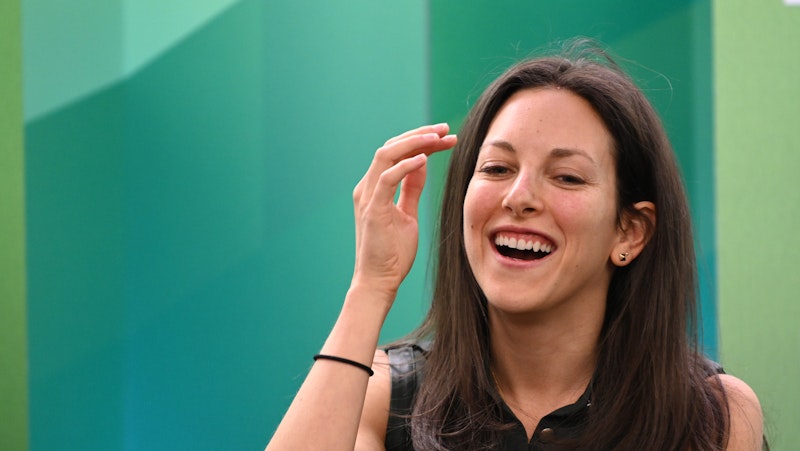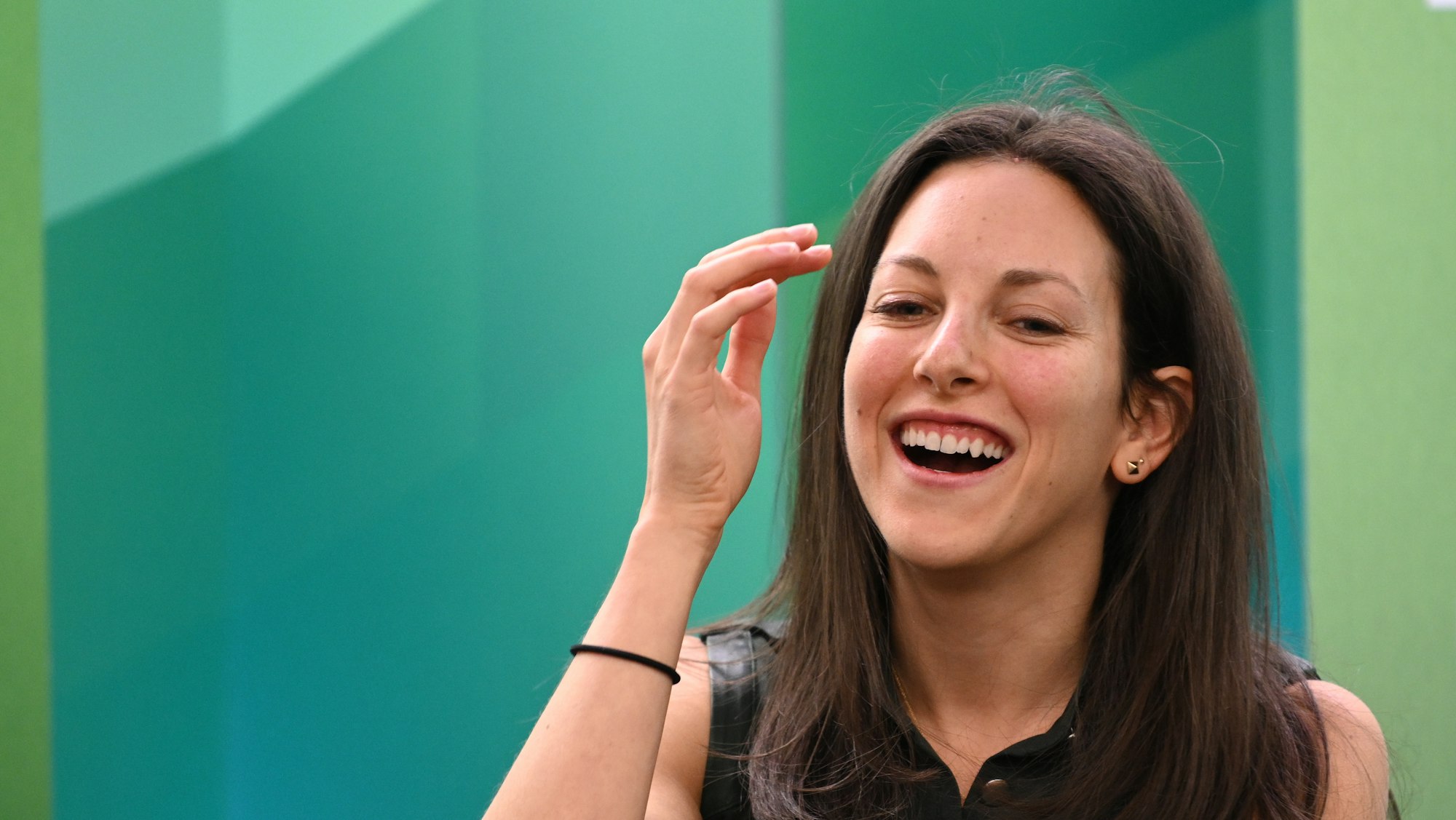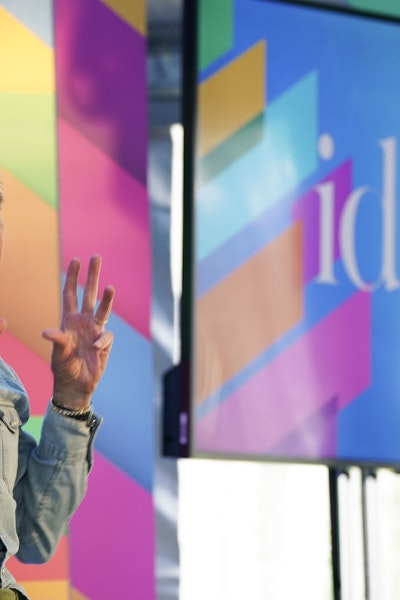
The Power of Poop: Fecal Transplants

It’s exactly what it sounds like.
Full Session

Featured Highlights
Setup
If the idea of fecal transplants seems momentarily disquieting, consider that they achieve a 90 percent cure rate for the devastating intestinal infection known as C. diff when antibiotics fail to clear it. Fecal transplants are also being studied as treatment for colitis, Crohn’s disease, and other inflammatory gastrointestinal disorders, and research into their value for urinary tract infections and even Parkinson’s disease is underway. By transferring stool in sterile conditions from a donor to the intestines of someone who is ailing, fecal transplants are designed to introduce a healthy mix of gut bacteria into the body and restore bacterial balance. What’s that good for?
Speakers
- 2019 Health
Explore More
Technology

Space… the final metaphor for the unknowable. But we are certainly trying to understand what goes on out there, and the more we learn, the more fascinating questions start to...


Few working technology reporters have been around as long as Kara Swisher. The start of her career coincided with the emergence of the internet, and she’s interviewed almost a...

Setting audacious goals helps to redefine what is achievable in health, medicine, and science. As we deepen understanding of the human genome, unravel the mysteries of the bra...


New technologies have always led to changes in society, though not always as quickly or drastically as people feared. Could artificial intelligence be different? Instead of le...

Everywhere you look, there’s a headline about the power of artificial intelligence and how it will impact our lives in ways we have not yet imagined. From advancing medicine t...


Where will artificial intelligence be in five years, or 10 or 20? What happens if the technology is regulated? And if it isn’t? How will it shape the world and the way we live...


Whether they publicly tout it or not, U.S. technology companies play a powerful role in politics, cultural issues and the way we live. Founder and investor Peter Thiel is one...

AI has the potential to create vibrant, inclusive communities as civil society organizations harness it to tackle inequality, industry leverages it to foster fairer practices,...

Why do some conversations succeed while others stumble? The neurology and psychology of communication offer surprising explanations for why human connection goes right or wron...

Increasingly, AI informs our work output, our social views and our awareness of the world. Join SiriusXM host Mike Muse in conversation with Meta officials to explore the impl...

America’s teenagers are facing a mental health crisis; 1 in 3 teen girls say they’ve considered suicide in the past year. Many young people, parents and mental health professi...

Two billion people worldwide are set to vote in elections this year, amid global conflict, societal mistrust, broken information ecosystems — and the truth-destroying disrupti...

Amid seismic shifts in the entertainment world, Oscar-, Golden Globe- and Emmy-winning Brian Grazer has managed to keep pivoting to new ways to tell stories in movies, TV and...

In the last 30 years, conglomerates from Amazon to Netflix to Spotify have changed the way we interact with media, books, fashion and music. Creatives are struggling to mainta...

The innovative philanthropist who paid off the student debt of the entire graduating class of Morehouse College class of 2019 talks about how to ensure all communities benefit...

Uncle Sam is rich enough that every young person in America can benefit from generational wealth transfer. Leaders from impact investing, philanthropy and the finance sector d...

It sounds like sci-fi: Scientists are beaming solar energy from space, subbing seaweed for plastic and brightening clouds to reflect sunlight to lower temperatures in a warmin...

Artificial intelligence is revolutionizing health care by improving patient navigation, telehealth and the speed of drug development. From enhancing patient and provider exper...

From climate change and mental health to hate crimes and chronic school absenteeism, no challenge is too big for young people’s community-changing solutions. Hear from teams o...

In the world of advertising, technology and creativity are shaping a new narrative. Could tech lead to more trust — not less — with younger generations? From AI-driven campaig...













